África/ 08 de Junio de 2018/Tanzania Dauily New
Síntesis: Ha habido puntos de vista contradictorios acerca de las estudiantes que se quedan embarazadas antes de completar su educación básica. De acuerdo con la política de educación de Zanzíbar de 2006, el Formulario de Cuatro es la educación básica.
Zanzibar — There have been conflicting views about female students who become pregnant before completing their basic education. According to Zanzibar education policy of 2006, Form Four is basic education.
Cases of female students getting pregnant before completing school are reported every year. They end up being mothers after giving birth and a few who are bold enough, continue with education to higher institutions of learning.
The only penalty under the education law, was expulsion from school for such students and a jail sentence after giving birth and so was the same for the responsible boy.
However, it was difficult to find men guilty because of the lack of DNA test to prove paternity. Since the victims were females, it sparked condemnation from gender activists who successfully put pressure on the government to have the law amended and fortunately in 2005 the law was changed to allow female student to continue with education after giving birth.
Twelve years since the law was passed and implementation started a consideration of female students have continued with education after giving birth. No statistics about students who have benefited so far, but it is estimated that only below one hundred girls have completed school after pregnancy.
Despite the fact that activists are happy with the law «the spinsters and single parent children protection Act, 2005,» enables female students to complete school, some members of the society including parents remain deeply divided over the rights for female students to continue with education after pregnancy.
Some of the opposing side says female teens who become careless about themselves and decide to get pregnant should not be allowed back into school, they should be considered ‘bad children’ (except in a case of forced rape).
Another view is that they should be punished for getting involved in such acts of shame.
Underage children who get pregnant while in school, need to realise that their time for child bearing would come later as their body is not prepared yet. Mr Othman Juma is among people who support the idea of allowing pregnant female students to continue with school after giving birth. «Pregnant female students should be allowed to attend class.»
Mr Juma said that it is of the utmost importance to their future and impregnated female students should be encouraged to attend classes because if women who become mothers at a young age are isolated, they are at a higher risk of poverty. Denying any person education is immoral and illegal, but denying a pregnant or parenting student education prevents them from improving their lives and their children’s lives, from empowering themselves and their family’s future, and will likely lead to more subsequent teen pregnancies.
Other observation from people who support the say every child has a right to education without discrimination, and therefore pregnant teens should be looked that same way, they are children who make mistakes and should be able to have an educated future.
Activists in Zanzibar are happy with «the spinsters and single parent children protection Act, 2005», terming as one of the good laws, arguably, because it allows female children impregnated while in school to continue with education after giving birth. «A spinster has been defined as unmarried female person who is of the age of between eighteen and twenty one and who has not been given birth to a child.
A single parent is one who has children born out of wedlock. But the law has clauses that also allow girls with the age before 18 to complete education.
The clause states «… where a girl is found to be pregnant while still at school she may immediately be suspended from school… and may reinstated to the school in the next academic year following her delivery or ay any time deemed most appropriate by the education authority but in any case suspension shall not exceed two academic years.»
But to the disappointment of activists, and students’ the law is not well understood by a considerable number of parents who oppose it arguing that it encourages underage consensual relationship and sex.
It is unclear about the number of impregnated students who have so far benefited since the law was introduced in 2005. Both the ‘Ministry of Education and Vocational Training,’ and activists have not conducted any study, but it is estimated that only below a hundred impregnated female students returned to school and completed their basic education during its twelve years of existence.
Despite the available chance to complete school after giving birth to a baby, many underage females who get pregnant never return to school because of the various reasons,.
These include reluctance by parents to allow their daughter to continue with school, ignorance, stigma and fear of being bullied at school. Ms Tufaa Omar, 16, has been lucky to have a father who after learning that her daughter was pregnant, never sulked.
Her fellow student was beaten up and isolated by her family. «I was afraid when I was raped, and did not tell anybody until I started to notice changes on my body, I informed my mother who became upset, thinking that my father would become furious,» Ms Omar said.
She said the father supported her until she gave birth to child, and managed to apply to complete her education and completed her ‘O’ Level, «I am now waiting to join to continue with higher education.»
Ms Tufaa (not her real name) feels sorry for her colleague who was beaten by her father before the family isolated her, and she never had a chance to complete her education and forced to remain at home without any income generating activity.
Activist Ms Asha Abdi from the Tanzania Media Women Association (TAMWA) said «in our awareness programs we publicized the law, encouraging parents and students who get impregnated to complete school after giving birth.»
To her observation, the law is well known among parents particularly Women, but the problems has been myths, sigma on children who get pregnancy, and misconception among some parents that the law provides room for underage age sex instead of discouraging.
«During our awareness campaign program in villages, some parents said the former law before amendment in 2005, was better because it had a punishment for children in school who get impregnated and male teenagers, who cause the pregnancy,» said Ms Abdi.
She said that some parents argue that the law allowing students to continue with education after pregnancy and delivery, is being serenity to children, and that they deserve punishment including imprisonment.
Between late 1990s and before 2005, activists raised their voices against the education law which at that time considered to be suppressing students, particularly girls because the punishment was to expel from school.
Although some boys were arrested and charged for impregnating, most of them cheat because the required DNA machine for testing is still unavailable, and the specimen for investigations are taken to Dar es Salaam. Normally it is costly, between 200,000/- and 400,000/=, and takes too long for a specimen to be taken to Dar es Salaam.
Most of the victims and their relatives get disappointed and decide to withdraw from the case from police. Despite the challenges in implementation, «the spinsters and single parent children protection Act, 2005» has been beneficial to many underage children, the Registrar of education and coordinator of the ‘go-back-to school for the impregnated students’ programme,’ said Ms Siajabu Suleiman Pandu.
She said last year 19 cases of pregnancy in schools were reported, and 14 out of the cases, ended in getting marriage, while information on other pregnant students is unknown. «It is a fact many cases of pregnancy are unreported, once a student gets pregnancy, most decide to stay at home or get married.»
A teacher at Mwanakwerekwe Secondary School who asked her name not to be disclosed said that at least there are two cases of underage pregnancy annually in the area, and that many girls opt to go for abortion secretly, or parents force them to get married instead of competing school.
Many parents regard the underage pregnancy or pregnancy out of wedlock as a shame to the family, and «normally the young girls do not get good cooperation from family members for sometime.» The question remains, should pregnant female students be allowed to complete their school?
Fuente: http://allafrica.com/stories/201606080193.html
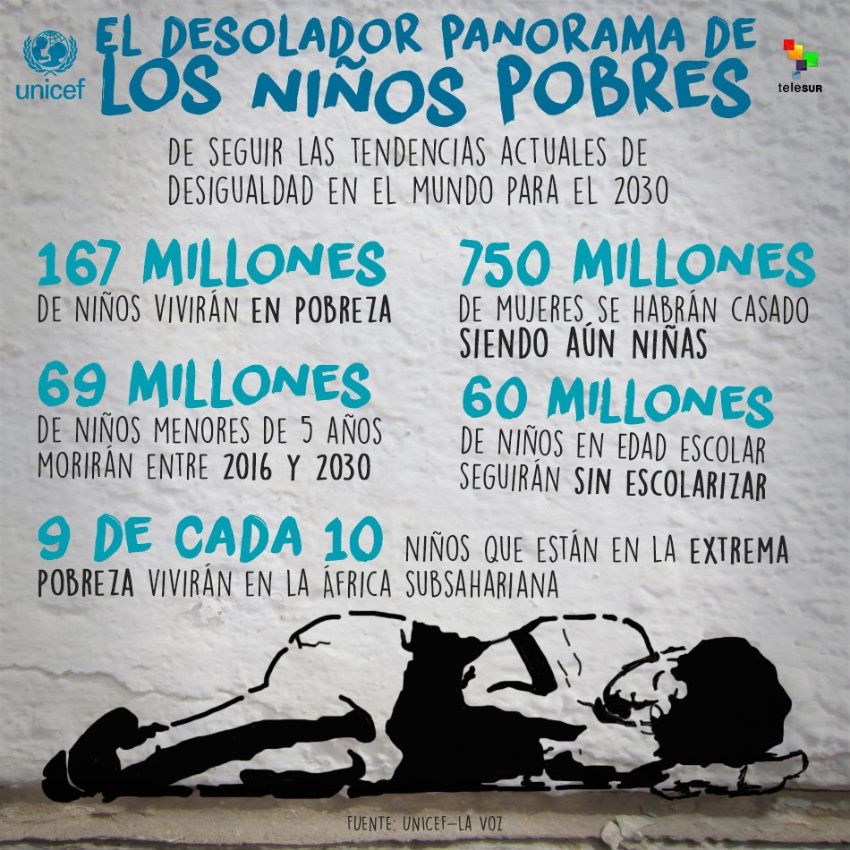
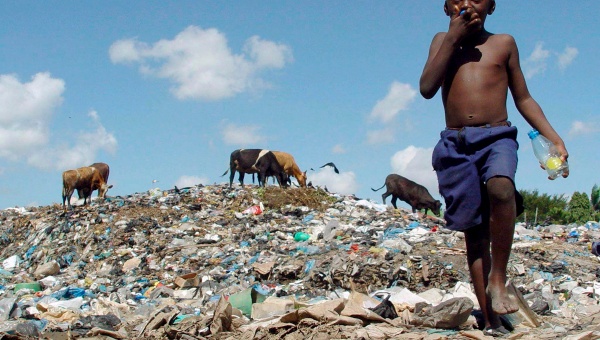

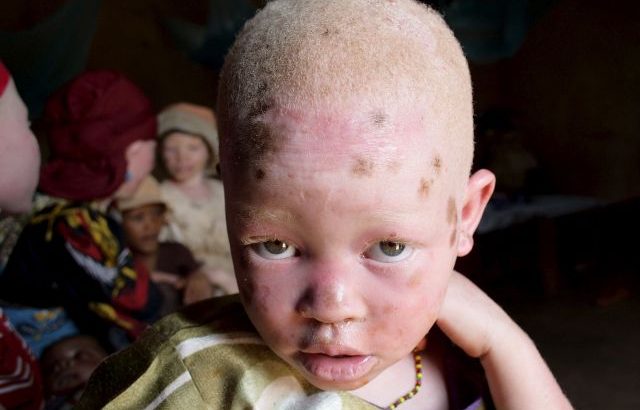
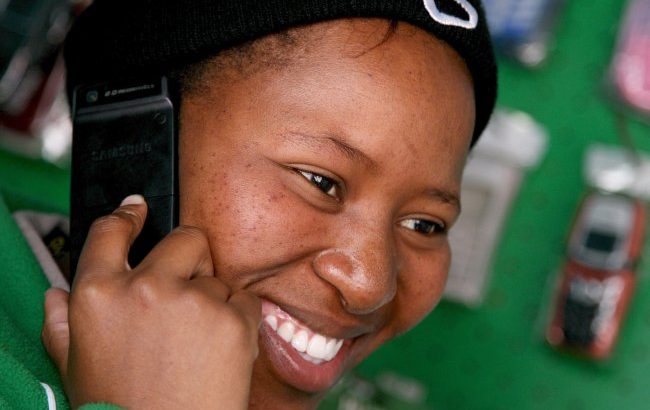
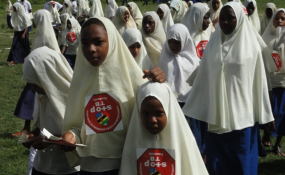
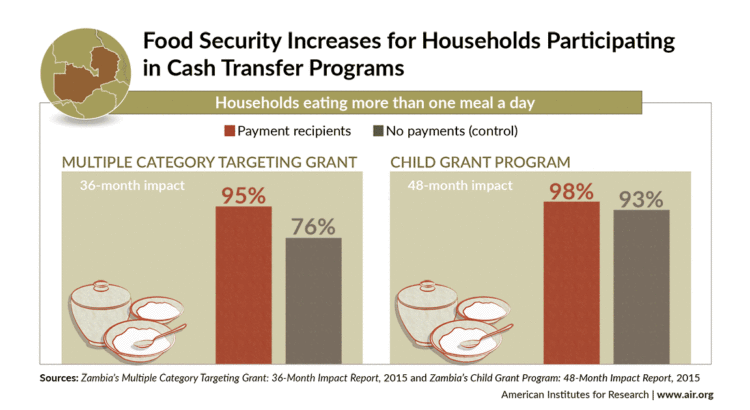
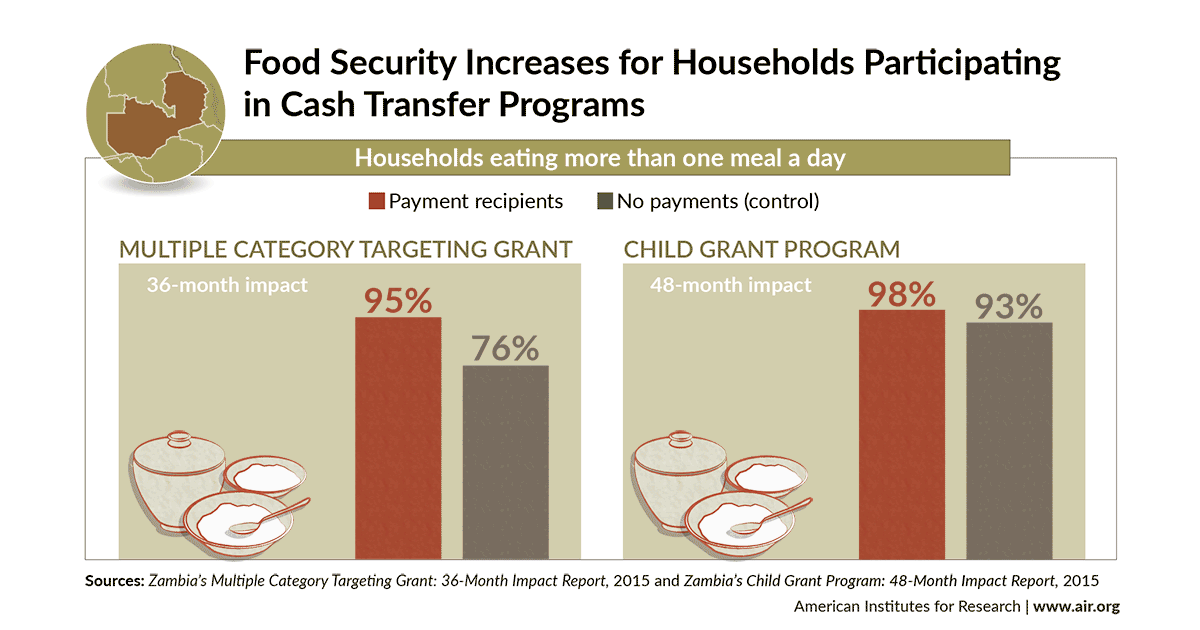

/A7DAFB269E5ADB36C1257FC000336303/$file/Colonial%20Legacies_IN%20TeXT.jpg) This paper identifies three types of welfare regimes in Africa, based on the insight that tax and expenditure regimes are closely associated. Using cluster analysis, the author highlights historical legacies in current welfare policies, demonstrating that welfare regimes in Africa have been strongly determined by the ways in which different countries were incorporated into the colonial economy. The author finds that many of the new social welfare reforms are taking place in what he refers to as labour reserve economies, and are generally internally rather than aid-driven. He stresses the importance of thinking of social expenditure in relationship to domestic resource mobilization, and finds that the focus on aid and social expenditure has tended to obscure this important aspect of welfare regimes in Africa.
This paper identifies three types of welfare regimes in Africa, based on the insight that tax and expenditure regimes are closely associated. Using cluster analysis, the author highlights historical legacies in current welfare policies, demonstrating that welfare regimes in Africa have been strongly determined by the ways in which different countries were incorporated into the colonial economy. The author finds that many of the new social welfare reforms are taking place in what he refers to as labour reserve economies, and are generally internally rather than aid-driven. He stresses the importance of thinking of social expenditure in relationship to domestic resource mobilization, and finds that the focus on aid and social expenditure has tended to obscure this important aspect of welfare regimes in Africa.





 Users Today : 45
Users Today : 45 Total Users : 35403383
Total Users : 35403383 Views Today : 51
Views Today : 51 Total views : 3332677
Total views : 3332677